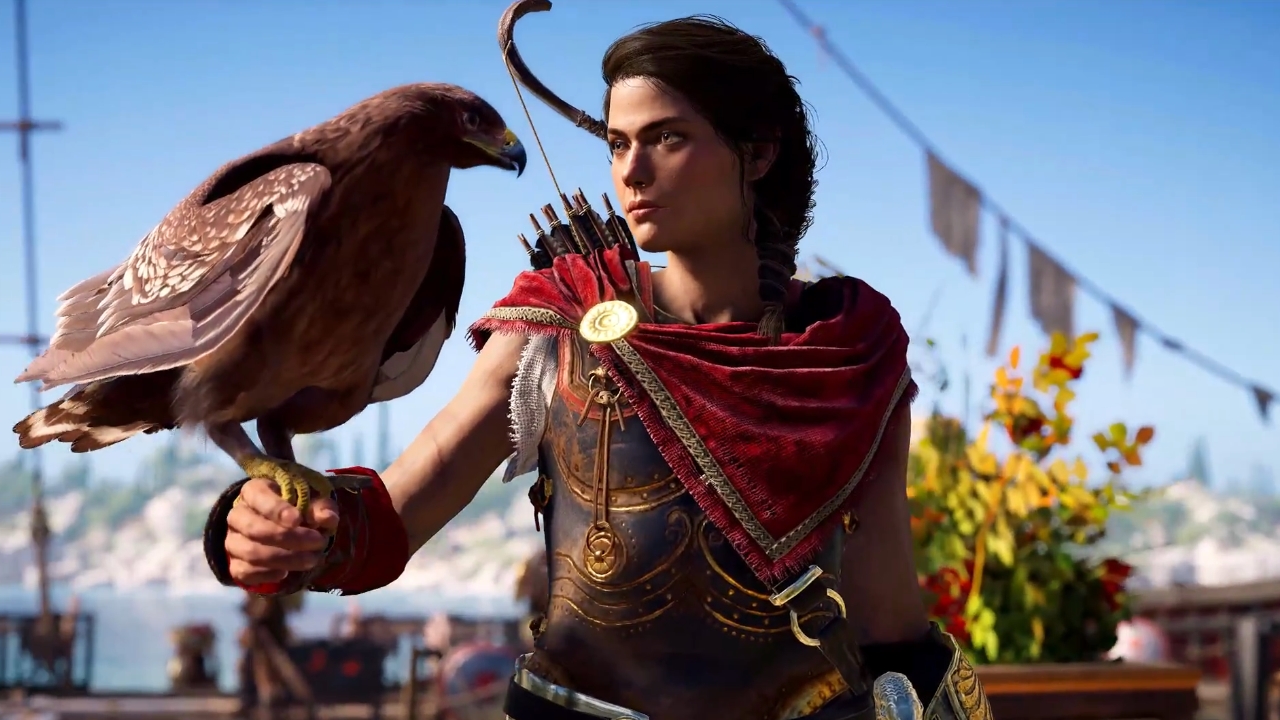Ubisoft games have a new cliche, and it’s turning us all into social media stars
From DedSec to Coonstagram, Ubisoft’s latest trope is trading experience points for follower counts
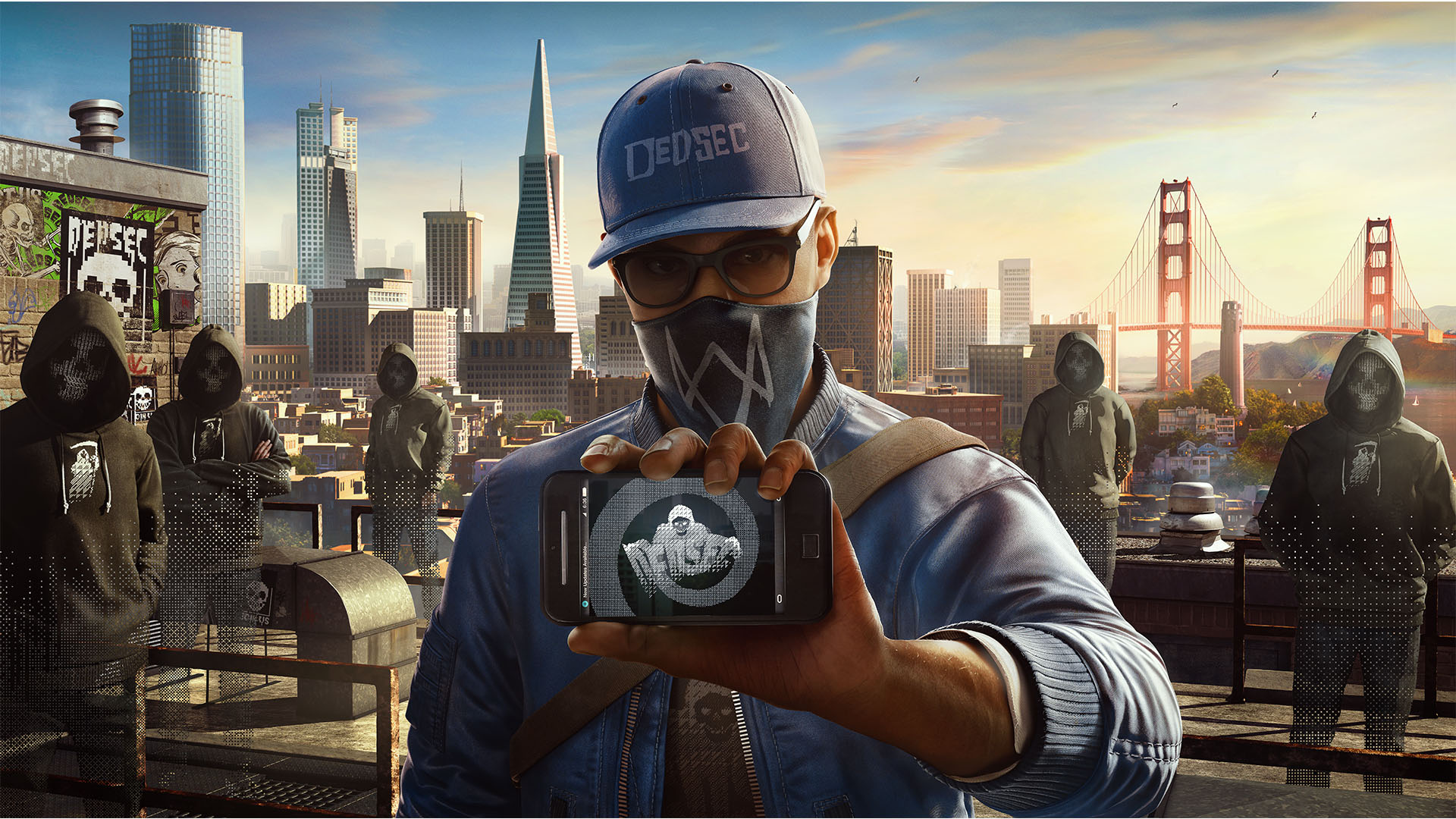
Ubisoft is a publisher known for its video game cliches. This shouldn’t be news to you. At this point, it’s a cliche in itself to even make that statement. From radio towers to outposts, the trademarked DNA of Ubi’s open world design can be detected across a near comical number of its games and franchises. To its credit, the company has recently been making an effort to learn from its critics and move away from that stigma but, in the process, I think it may have accidentally settled on a brand new one, and it concerns that most unfortunate of new age inventions: social media.
So far, this trope has only appeared in three games - Watch Dogs 2, South Park: The Fractured But Whole and, more recently, The Crew 2 - but that’s more than enough to establish it as a familiar pattern to those who’ve played each one. If you don’t know what I’m talking about, it goes a little something like this...
The main character of the video game has their own social media account, and the player controlling them is encouraged to rack up as many followers as possible by completing missions or activities, which in turn gives them access to new things to do, abilities, and other goodies like consumable items or customisation features. It’s experience points, essentially, but reworked to reflect the information era we live in, and I’m already sick of it.
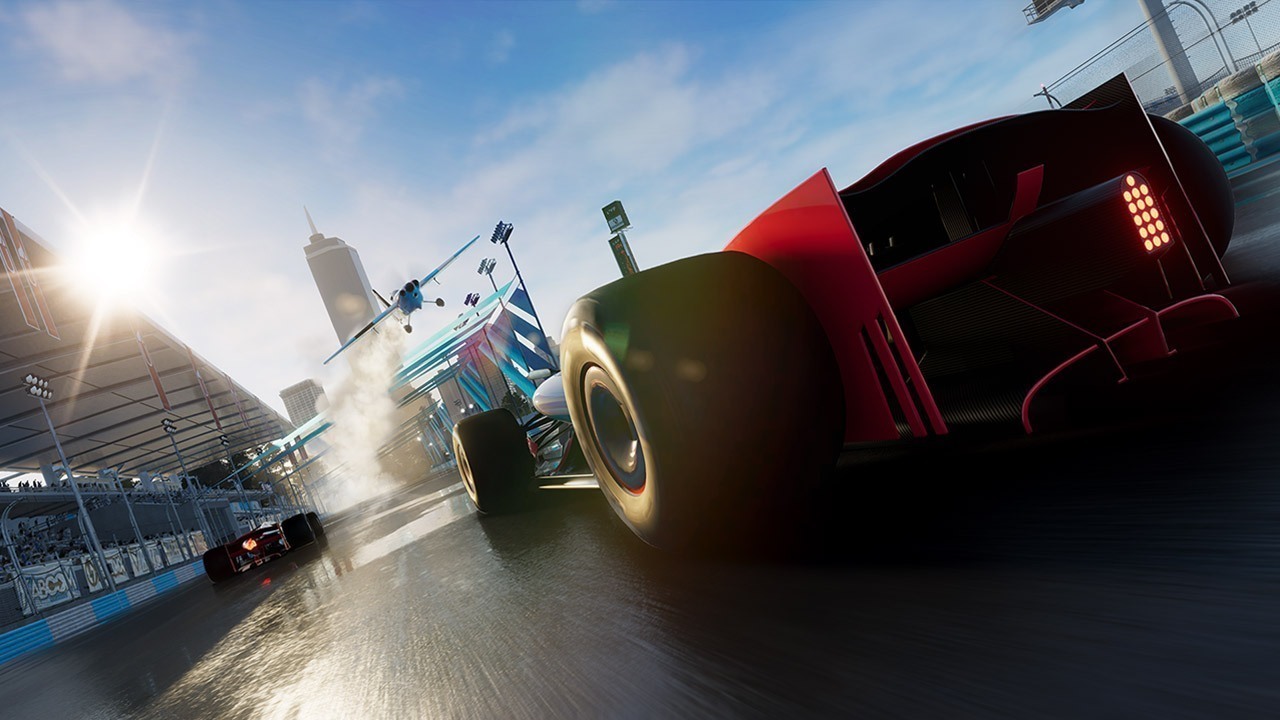
Like all good and bad video game tropes, this stereotype began life as a relatively innocuous idea. In Watch Dogs 2, racking up followers for DedSec was a novelty that made the most thematic sense in tech-obsessed Silicon Valley. Then it showed up in South Park: The Fractured But Whole with Coonstagram, which tried (and failed) to satirise selfie culture while simultaneously making it a core part of the gameplay.
Finally, with The Crew 2’s incorporation of the trend, in which being the best racer in America apparently requires being the most popular personality online, Ubisoft’s presentation of social media has undergone the full transition from self-winking parody to pivotal game mechanic. Regardless of whether you’re in on the joke or not, it’s starting to wear thin.
It’s been said that even the most basic of video game concepts are a reflection of universal life lessons. Hard work pays off, failure is temporary, all problems have a solution, etc. But if that’s the case, then what do Ubisoft’s social media themed progression systems implicitly say about us as a society? That internet media fame is the primary metric for one’s position in life? A higher follower count leads to greater fulfillment and progress in the real world? That I should obsess over my selfie game as neurotically as Marcus in Watch Dogs 2?
It’s all starting to sound a little bit Black Mirror, and not in a good way. No one’s saying these games are Twilight Zone levels of dangerous in their subliminal messaging (I doubt anyone’s finished a recent Ubisoft game with a newfound addiction to racking up retweets), but the subtext is nevertheless unsavoury.
Sign up to the GamesRadar+ Newsletter
Weekly digests, tales from the communities you love, and more
Dislike and subscribe
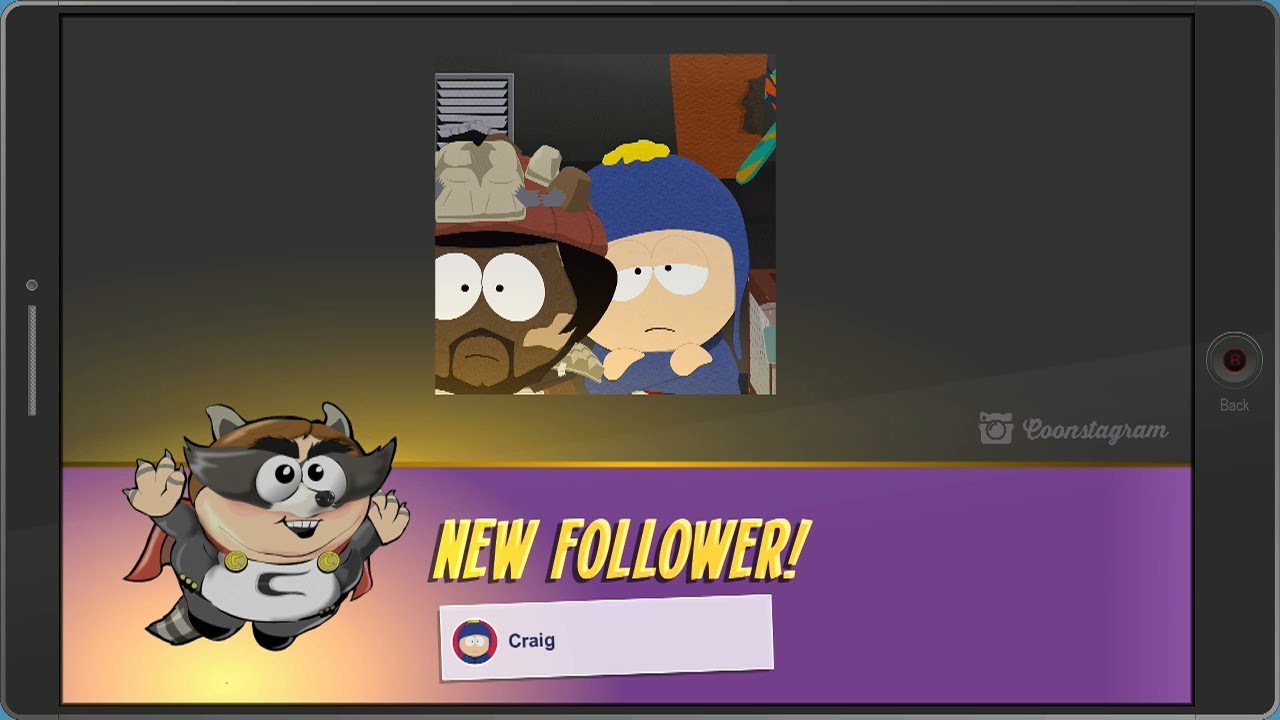
Above anything else, though, using social media fame as a barometer for progress just comes across as dated and a little bit silly, at best pandering to a targeted age demographic by replacing one arbitrary measurement tool for another. Perhaps the intent was to contextualise levelling up in a way that made sense with the virtual worlds of Watch Dogs, South Park, and The Crew, all modern day settings where the main character wants to accrue status. If anything, though, it’s only strained the suspension of disbelief even further.
"Using social media fame as a barometer for progress just comes across as dated and a little bit silly."
Why would a lack of followers prevent me from accessing certain areas of my life, like it does in Watch Dogs 2? How does being an Instagram star in The Fractured But Whole correlate to more free loot in my toy chest, exactly? And why is my champion status based on my follower count in The Crew 2, rather than, you know, my actual racing ability? The context for progress becomes confusing and nonsensical when filtered through these paradigms, which at least the concept of XP, as reductive and gamified as it is, manages to avoid.
Perhaps I’m simply annoyed that Ubisoft, after finally showing a willingness to avoid its mistakes of old, has fallen straight into another pattern of predictability. Here’s hoping the publisher proves me wrong, and I won’t be snapping pics of Instaaar-worthy sea biscuits in Skull and Bones (sorry) or obsessively seeking Likes on Spacebook in Beyond Good & Evil 2 (so sorry). It sounds stupid, but then again, so does the idea of radio towers in The Crew, a racing game, and look what happened there.
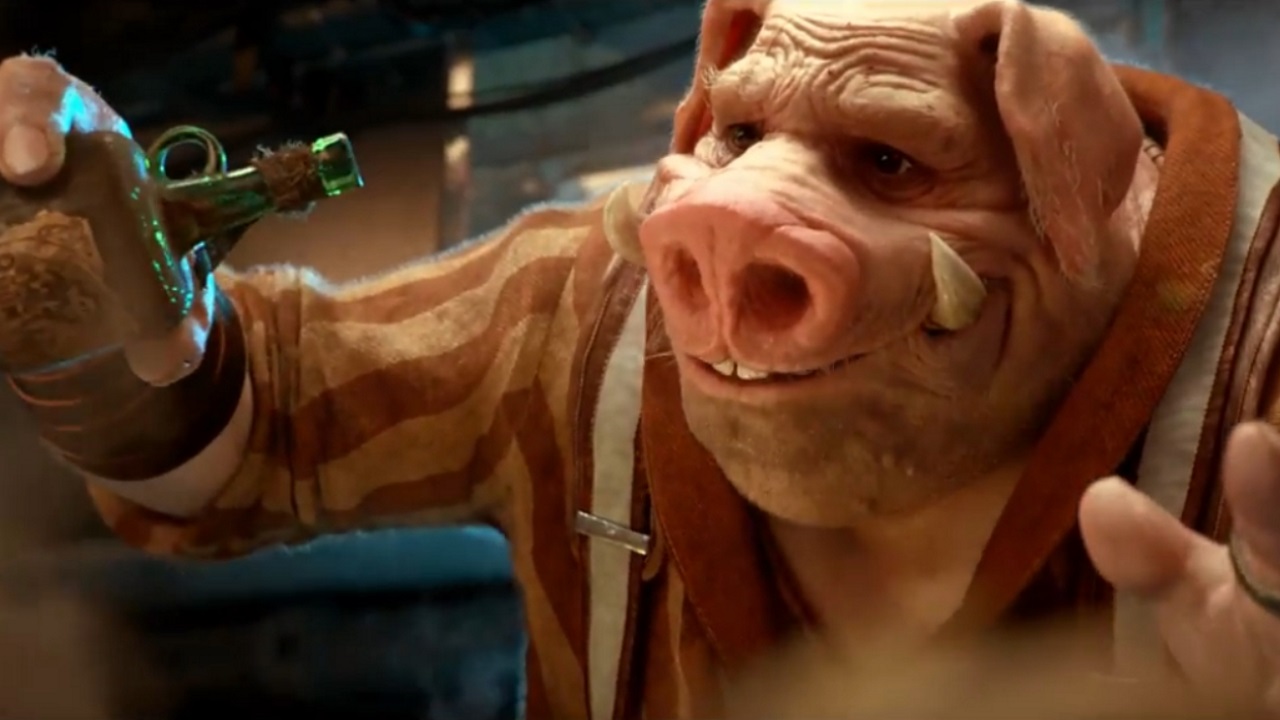
Social media is exhaustive and manic enough in the real world as it is, and I’d rather not be dealing with its unhealthy side-effects in video games too. These experiences are meant to be an escape from the turmoils of everyday life, after all, and unless they’re going to critically engage with the subject of social media in a way that isn’t blindly in favour of it, then I’d rather not see them included in video games at all.
Hungry for another big virtual universe to jump into? Have a look at what's worth playing on our list of the best open world games available right now.
I'm GamesRadar's Features Writer, which makes me responsible for gracing the internet with as many of my words as possible, including reviews, previews, interviews, and more. Lucky internet!
